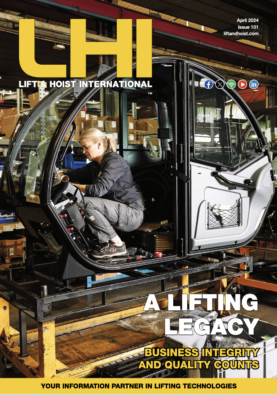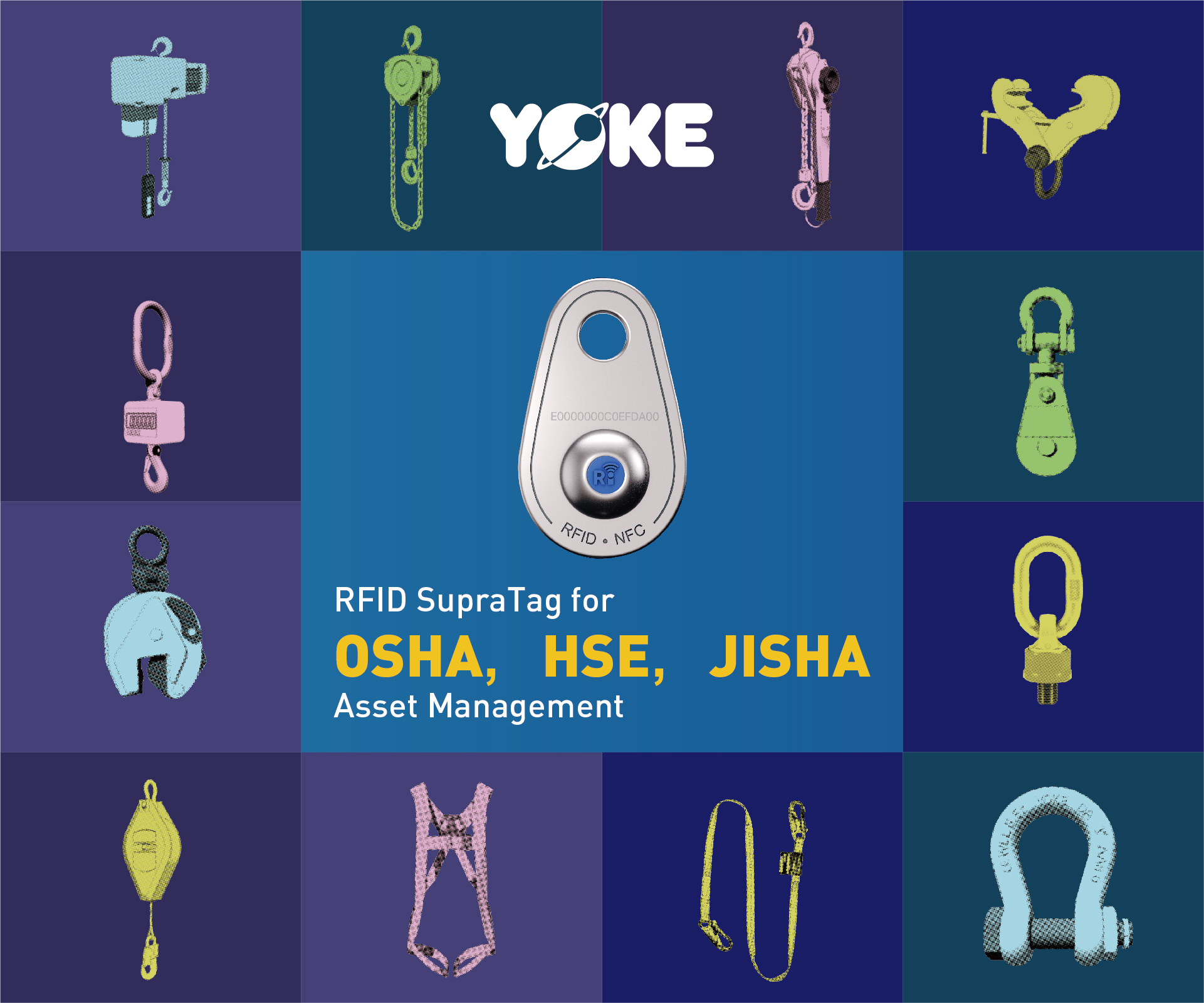)
The lifting industry needs you
Graduates and military veterans can bring a broad range of skill sets to the Lifting Industry, says Ross Moloney, CEO of the Lifting Equipment Engineers Association (LEEA).
Many industries have a skills shortage and this is something that has to be solved to keep the economy growing. In our sector it is a subject we make no apologies for returning to, given how vital it is for our industry’s future sustainability.
There are encouraging signs of a positive improvement in the ability for engineering to attract new generations, not least that more young people are taking Science, Technology, Engineering, and Maths (STEM) subjects at university than ever before, according to UCAS statistics published recently. The historical gender imbalance looks to be changing also. Between 2011 and 2020, the number of women accepted onto full-time STEM undergraduate courses increased by 50.1% in the UK. Within the same period, the proportion of women entering full-time undergraduate courses taking STEM subjects increased from 33.6% to 41.4%.
Drilling down further to our area of our interest, what is particularly encouraging is acceptances to engineering courses are up 21% from 25,995 in 2011 to 31,545 in 2020. This, according to UCAS, is driven by an increase in demand from 18-year-olds in the UK, suggesting the impact that early STEM uptake in schools is having on higher education. This surely validates the point of Think Lifting schools engagement programme, launched by LEEA and LHI as a means for the lifting industry to grab the attention of school children.
While many of them will go directly into employment or train via college or an apprenticeship, lifting also needs graduates. We need to encourage those taking degrees to bring their knowledge and abilities into our industry. This is why LEEA is sponsoring Bachelors and Masters degree awards at Robert Gordon University in Aberdeen, the capital of Europe’s oil industry. A student that exhibits excellence in their final year project/dissertation relating to lifting engineering will be presented with the LEEA Award for Excellence, together with a cash prize.
LEEA is proud to recognise outstanding performance by a student with relation to lifting engineering. Robert Gordon University is renowned for its expertise in engineering, and the work it carries out in relation to its offshore programme has clear links with the services offered by many of our members. The degree awards sponsorship is a further step forward in LEEA’s vital work to support and encourage new talent into our industry.
Graduates are just one pool of talent to boost our sector. Another is the military, where LEEA dipped its toe in the water through initiatives celebrating the Association’s 75th anniversary. The way LEEA supports military leavers into the civilian workforce has been refined to make it easier for our members to recruit from this pool. With LEEA providing direct links to members who are recruiting, the scheme offers military leavers tremendous career opportunities through possible employment with one of our global members. The Military Transition Scheme (MTS) offers a free Foundation Certificate e-learning course to all serving members of the armed forces in any region globally. It is also offered to any veteran within 2-years of their service leaving date. Diploma training courses will be available at MTS discount rates.
Applicants can apply online and, once approved digitally, they will automatically be placed in a searchable database within the members’ area of the leeaint.com website. This will allow LEEA members to browse the potential recruits available and their location in full GDPR compliance. The MTS webpage is now live at leeaint.com/military-transition-scheme.
Veterans and reservists could be a perfect fit for lifting businesses seeking highly professional, self-motivated individuals equipped with initiative and a wide range of transferrable skills in areas such as engineering, leadership and management, communications, organisation, problem solving, teamwork as well as health and safety.
Recruiting the broad range of skill sets held by graduates and military veterans into our industry will bring enormous benefits.










